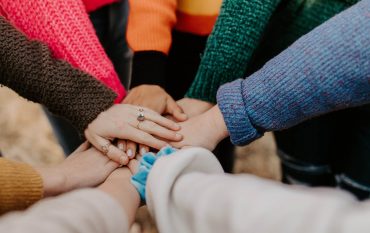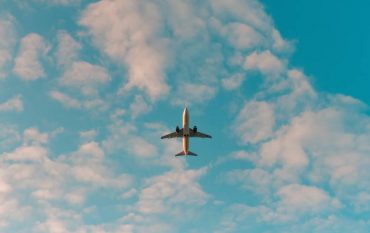
Mykonos Travel Tips: Everything You Need to Know
Planning a trip to Mykonos? This complete guide covers everything you need — from how to get from the airport to your hotel, local transport tips, must-try food, hidden sights, family-friendly spots, and what to do if you get sick while on the island. Make your Mykonos holiday easy, fun, and unforgettable!
- Lauren Stuttaford












